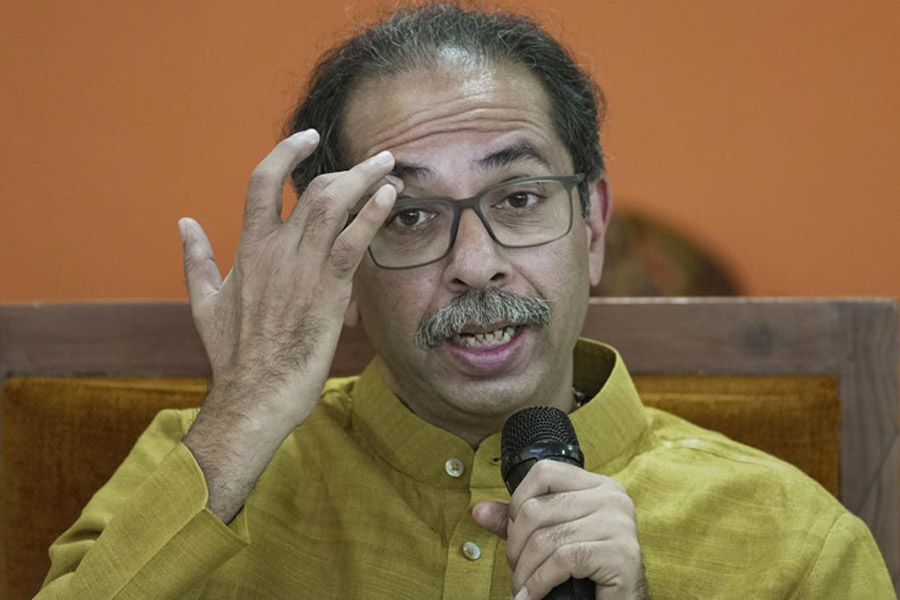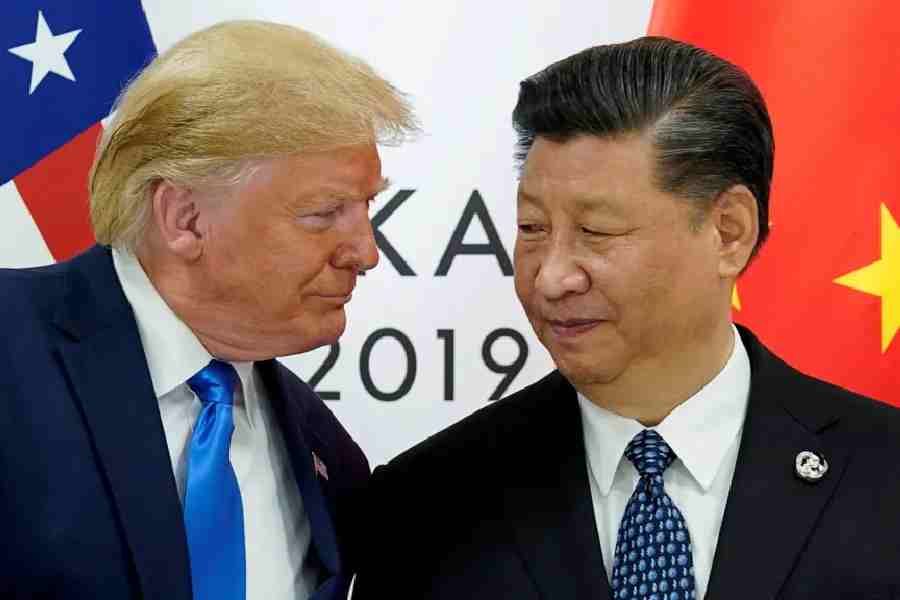The balance of democratic preferences, duties of elected representatives, party loyalties and dissent is subtle. Recent years have seen the toppling of more elected state governments — usually of the Opposition — than before. The morality of such occurrences may be dubious, but the letter of the law may still be preserved. The ruling of the Supreme Court on the petition by Uddhav Thackeray’s Shiv Sena asking that his government be restored demonstrated this phenomenon. The Supreme Court reportedly pointed out that neither the governor nor the Speaker of the assembly acted correctly. Yet their decisions smoothed the way for Eknath Shinde’s takeover as chief minister. Rebellion in the Shiv Sena led to Mr Shinde heading the faction that rejected Mr Thackeray’s leadership. The latter’s coalition did not include the Bharatiya Janata Party, but Mr Shinde and over 40 members of the legislative assembly out of the 54 Shiv Sena MLAs formed the new government with BJP support.
This is neither pretty nor novel, but the Supreme Court ruling is of outstanding importance. The court found that the Maharashtra governor had no objective evidence to order a floor test. A letter from Shiv Sena MLAs expressing dissatisfaction but without the wish to withdraw support from Mr Thackeray, and unverified accounts from the former BJP chief minister and seven independent MLAs about Mr Thackeray having lost majority did not constitute objective evidence. The Speaker had erred in nominating the chief whip from the Shinde faction without scrutinising the claim of the rival faction’s candidate. But selecting the whip is the political party’s right alone. Since Mr Thackeray had resigned before the floor test, however, the installation of Mr Shinde’s faction in government was legal. Besides, the Election Commission’s decision to award the party symbol to the Shinde faction could not be questioned because the EC was an autonomous institution. Evidently, the upturning of morality and ethics alone cannot prevent the undermining of democratic processes. In this case, Mr Thackeray’s resignation before the floor test made Mr Shinde’s takeover legal, neutralising the incorrect moves by the governor and Speaker. But neither of them could have been unaware of the correct procedure; the orchestrated pattern of their ‘mistakes’ and the consequent entrance of the BJP suggest that ethics in government would have a hard fight to prevail over the shrewd manipulation of process.










